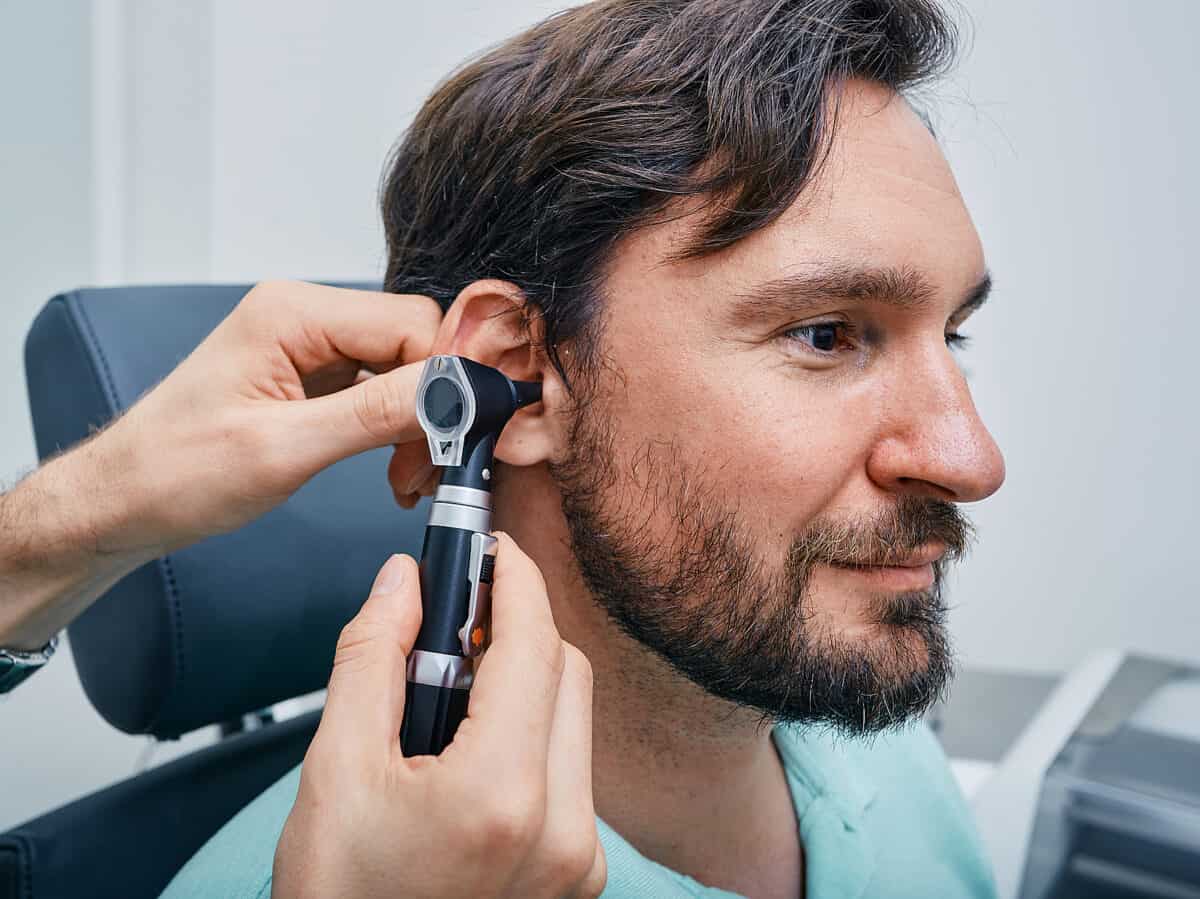It’s American Diabetes Month
Every November The American Diabetes Association dedicates the month to raising awareness about diabetes. When people think of the consequences of untreated diabetes they are likely to think of heart disease and kidney failure, maybe even vision trouble or troubles with your hands and feet. But research is steadily emerging that proves the clear link between diabetes and hearing loss.
Hearing Loss among The Diabetic
It is estimated that between 30-37 million Americans endure diabetes. Diabetes is defined by the pancreas’s failure to produce the proper amount of insulin to regulate the level of glucose in your blood. A small percent of these people develop the condition as children. This is Type 1 diabetes, often referred to as Juvenile Diabetes. But 90-95% of cases are Type 2, which can come on at any age, but most commonly happens around 40 years of age. Proper management is crucial to alleviating the many potential symptoms, including hearing loss. Failure to regulate blood sugar levels risks the onset of hearing loss. And same as diabetes, hearing loss is irreversible.
Research shows that hearing loss is twice as likely to affect people with diabetes as those with healthy blood glucose levels. Similarly, 88 million Americans are pre-diabetic, meaning that they will have diagnosable diabetes within a decade if they do not take appropriate preventative measures in their health and lifestyle habits. And these people are 30% more likely to have hearing loss.
The Symptoms
Besides both being surprisingly common and irreversible, but manageable with care, diabetes and hearing loss have another thing in common that increases their danger: they are both particularly tricky to catch coming on. The symptoms of both conditions come on a little at a time and can be easily dismissed if one is not aware of their potential meanings.
Maybe you find yourself urinating a little more frequently. Maybe you are thirsty or your skin is dry. These are all minor variables that change for each of us a little each day and mean so little that we are unlikely to notice. If we do take note, we are likely to chalk them up to environmental factors or some small shift in diet one day to the next. But together they can mean diabetes.
Maybe you used to watch your television with the volume set to 17 and recently you’ve upped it to 19. Would you notice if you did? Maybe you’ve had trouble following a conversation with two people in a place loud with background noise. Maybe you are asking people to repeat themselves a little more frequently. All of these are easy to brush off as nothing. But they also may all be symptoms of hearing loss.
Left untreated, both hearing loss and diabetes can have catastrophic consequences to your quality of life. If you have diabetes, be vigilant about getting your annual hearing exams by a trained specialist. And if you live with any degree of hearing loss, ask your health care provider to check your blood sugar levels. You may attribute your hearing loss to decades of construction work with jackhammers, but that does not mean that it is not exacerbated by diabetes or even pre-diabetes.
The Causes
Diabetes messes up your hearing in the same way that it does every other organ that it may damage. The heightened blood sugar damages blood vessels over time and it damages nerves. Our hearing and balance systems depend on both. There are incredible amounts of very tiny blood vessels in our ears. One blood cannot move through them unimpeded, they suffer. And there are incredible amounts of very tiny nerve endings that connect our ears to our brains, transmitting the signals instantaneously to identify, orient, and decode the signals and attribute cause and meaning to them. When these nerves are harmed by variations in blood sugar, the signals get impeded.
The Action to Take
The habits of good health are no secret. Everyone knows that a healthy diet and proper exercise are the keys to health. These are exactly what manages our blood sugar levels. You must follow your diabetes treatment plan closely and see your doctor regularly. And if you suspect that you may be recognizing the symptoms of either diabetes or hearing loss coming on, make an appointment with your doctor today to determine a plan of action immediately to right your course for better health and the overall improved sense of well-being that comes with it.

